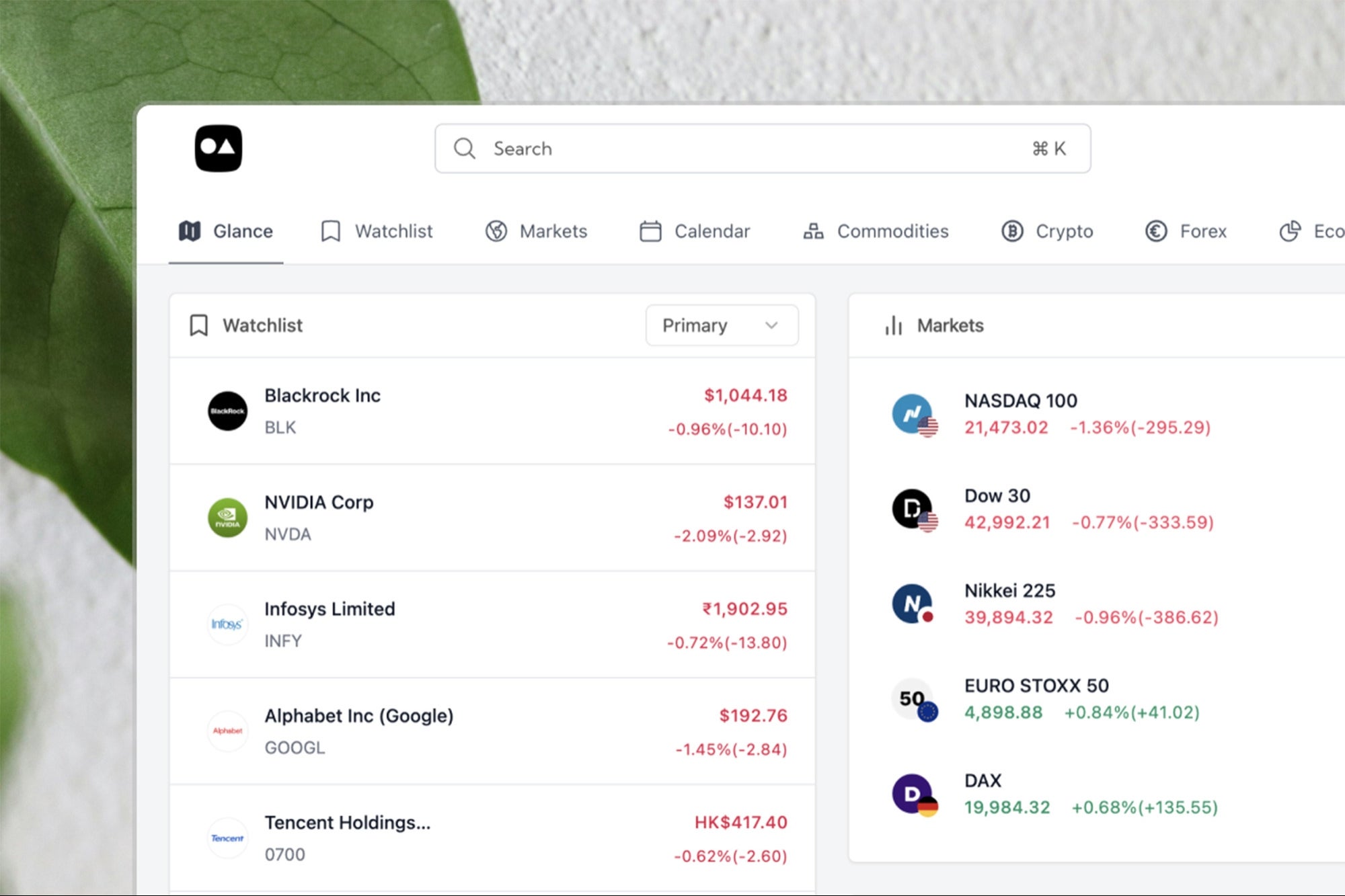6 Good Reasons to Ditch Offering Discounts You might be tempted to lower your prices when starting out, but make sure that strategy actually works for your business and market.
Opinions expressed by BIZ Experiences contributors are their own.

When my brother Adam and I recently invested in a service business in a competitive urban market, one of the first things we considered when planning our marketing strategy was whether to offer discounts. For a new business entering a market with established competitors, the tactic of couponing or discounting is pretty common, and it can be effective -- to a point. But, ultimately, we decided to move forward without offering discounts.
While discounts may seem like a logical way to help a new company bring in new business, the truth is that reducing your price can hinder business growth. Here are six reasons to ditch discounts.
1. Too much emphasis on price
By offering discounts, your primary focus is on price rather than your products or services. If the only competitive advantage you have is price, your business is in big trouble. Price-matching has become commonplace, so you need to rely on quality and service levels to make it in today's consumer-centric economy.
Related: 10 Laws of Social Media Marketing
2. Price wars
Offering discounts can result in price wars with your competitors, and bigger companies nearly always win these wars because they have enough financial backing to stick it out the longest. For a business just getting off the ground, this is a fight you don't want to enter.
3. Wrong impression
When a company offers a discount to their customers, they're taking a big risk of devaluing their services. Customers can get the impression that the services being offered aren't worth paying full price for. It also sets a precedent in the customer's mind that your pricing isn't firm.
Related: 4 Ways to Market Your Business for Free
4. Negative impact on profits
If competitors match your discounted prices, not only will you be left with less money in the bank, but you'll still be expected to produce high quality services at a discounted price. And if your competitors are in a position to hold the line on the lower price, you can create a permanent reduction in your profits.
5. Stockpiling
For product-focused companies that offer products at a discounted price, there's a risk: Customers might buy as many products as they can at the discounted price. Then, not only will you have to scurry to provide a mass amount of product, but this can also negatively affect future profits because your customers won't need to buy once you lift the discount.
Related: Use These 5 Steps to Create a Marketing Plan
6. Negative impact on quality
As stated above, offering a discount can lead to your company having no choice but to provide a greater number of products or services in a short period of time. This can lead to decreased quality to get everything done on time. The lower the quality, the greater the chances of your company losing its credibility and gaining a bad reputation.
If you're considering offering a discount, take the time to sit down and ask yourself why you want to. Specifically, ask yourself whether it's the easy way out.
As with every rule, there are exceptions. Occasionally, discounts do make sense. Just make sure you've considered what discounting could mean to your business.
What experience have you had with offering discounts in your business? Did it work out for the best? Would you do it again? Share your thoughts in the comments.












